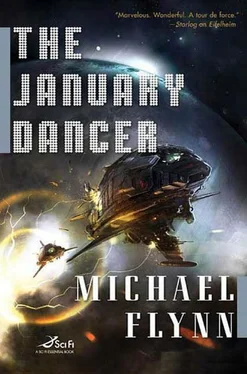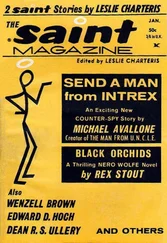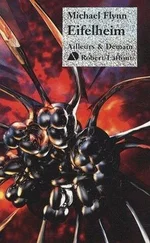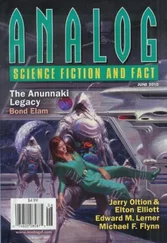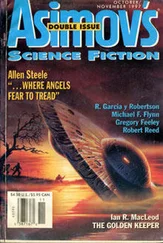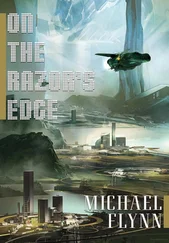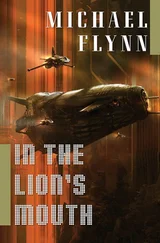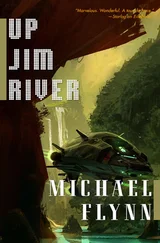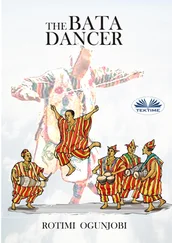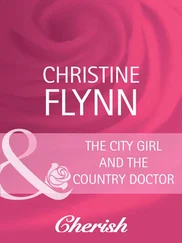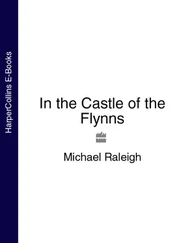Like rats in a maze, they scurried through the Corner. When they paused in the lobby of a long-vacant building, the Fudir broke silence. “There may be a way to restore the rightful government to New Eireann,” he hinted, “without more bloodshed.”
Hugh, wondering why a Terran should care who managed the Vale, made no answer. Who could say if words poured in this man’s ear might spill from his mouth? He thought the promise was meant as an enticement to return to New Eireann rather than report to Oriel headquarters on Far Havn. But Oriel would probably cut its losses, sell the contract to the ICC, and reassign Ringbao to another project. Neither they nor this Fudir could know that he had sworn by his father’s name that he would return. He needed no enticement, bloodless or otherwise.
The Committee of Seven were five in number, one of its members having been apprehended by the rectors and another being by direct consequence “in the wind.” The chairman was a hard-looking woman, thin of face, white of hair, pallid of hue. Her eyes were a bitter hazel. Those flanking her, two on either side, sat in shadows, as befit those who, though sought so much, were seen so little. They had regarded Hugh with brief indifference before demanding of his guide by what right he had brought a stranger into their presence. There was something in their question that caused Hugh to dread the answer; for should that answer prove unsatisfactory, both he and the Fudir might suffer. Yet, the Fudir’s response, when it came, surprised and puzzled the erstwhile tainiste of New Eireann.
“I can give us back the Earth.”
Delivered with confidence, that statement was the only one Hugh had yet heard the man utter that was accompanied by any depth of emotion. Almost as one, the Committee turned to a hologram painting that hung on one of the walls of the small, dark audience room. It portrayed a large, white, domed building with towers at its four corners, sitting behind a long reflecting pool.
The chairman, who alone had not turned, continued to study the Fudir with steady gaze.
“Can you now?” she said.
“Do you know the story of the Twisting Stone?”
That drew the attention of the other committeemen, one of whom expressed his opinion in a snort. “We are layink now hope on altar of fable?”
“What means this fable?” another asked, but the chairman put her hand on his forearm.
“I tell you later, Dieter. Explain, Fudir. I know you have always a great mouthful of words, but this should be one of your better efforts. I was not happy that you called us out tonight. What should the rectors have taken alarm?”
The Fudir pressed his palms together and bowed over them. “Nandi, Memsahb. Certain things have I learned…”
But again one of the committeemen interrupted. “No pukkah, bukkin’ Standard,” he said, pointing at Hugh. “That fellah no fanty, him.” At that, all of them descended into the patois, words running too thick and fast for Hugh to follow. They began to shout at one another, all talking at once, gesturing, voices rising in pitch as well as volume. Hugh studied the room and its exits, thinking that he might need one soon.
And then, as suddenly as it had begun, the commotion died. Everyone was bobbing their head side to side and smiling. “Very well,” the chairman said. “We are agreed. New Eireann lies but two weeks down the Grand Trunk. The proposal may be a fantasy, but so is our Hope. If the one may win the other, it is worth the shot. And should it prove to be nothing, the cost is minimal. Sahb the Fudir, you will have your certificates at this time tomorrow. See Cheng-fu at the seal-maker’s dukān. You know the man. We will secure you the vacancies you require. The rest is up to you.”
“Mgurk is one of us,” the Fudir told them. “He will do as we ask. The other, let it be the woman, Micmac Anne. She is at the edge of knowledge, and might guess too much too soon. We can be thankful that January did not know what he had; we can only hope that Colonel-Manager Jumdar has not yet discovered it.”
The chairman struck the table with her knuckles. “Bread and salt,” she called out. The Fudir bowed over his folded hands as a servant scuttled in bearing on a silver tray a plate of naan and papad. Then, when small cups of thick, creamy tea had been served out, they all rose but Little Hugh and faced the picture and, bowing over their hands, chanted in a rough unison, “Next year, the hajj upon Terra.”
The harper has grown steadily more impatient, and when the scarred man pauses for another drink, she strikes the table with the flat of her hand. “Is this to be all beginnings and no ends? Who is the Fudir? What is this story of the Twisting Stone?”
But the storyteller taunts her with his smile. “All things in their season, harper. You do not strike all your chords at once or it would be naught but noise. How can there be ends without beginnings? Besides there are more than seventeen different versions of that Twister story, and not all of them support the Fudir’s plans.”
“This Fudir, who was he? What was his interest in the Dancer? Why did he favor Little Hugh over Handsome Jack?”
The man looks into a distant corner of the room, and perhaps beyond it. “The Fudir cared nothing for either,” he says finally. “He told the Committee that the Dancer would regain them their lost Earth. He told Little Hugh that it would regain him New Eireann. What he told himself, he never told another; and that was the egg from which much later hatched. Perhaps he hoped to regain a world, too; or maybe his hopes were more modest than that.”
“You speak of him in the past tense. Is he one of those who died?” The harper’s fingers trace the beginnings of a goltraí, but the scarred man stops her.
“Don’t mourn him yet. There will be mourning enough when that time comes. After all, we are all dead men. Our younger selves have died, and yet we live. If some of them live on in my stories or your songs, why, that is the greater immortality. For now, ‘let them have their moment.’ Little Hugh escaped the assassin. The Fudir secured his “ticket outta here.” Perhaps the Committee had their moment, as well, for the Fudir was not to their taste, we think, and they may have been happy to see the back of him, fables and a madman’s chance notwithstanding.”
The harper considers his words while aimless notes drift off her strings. She wonders if the scarred man is making the whole thing up in the hopes of cadging more drinks. But if he is, what recourse has she? Against what other touchstone might she rub the tale to test it? Her one other source is gone. Finally, she asks, “Are all the players in place now? I’ve heard other names mentioned. When does this thing finally start?”
“Oh, the ballet is already begun. The dancers are whirling and turning, but they do not all step off at the first bar. What sort of dance would that be? Yet the prima ballerina is halfway to her goal. There is a telos, if you’ve been following. There is a direction. And it all lies implicit in January’s initial error.”
“January’s error…You’ve mentioned that before. What was it?”
“We need to bring another dancer in. You’ve met him before, but have forgotten him already.”
Suantraí: Dispatches from the Edge of Night
Na Fir Li exercised in the old Greek style, though he did not know that he did.
Sweat gleamed on his torso, his brow, his thighs, so that he seemed to embody the glittering blackness of the sky itself. He moved lithely from bars to rings to bags to weights across the gymnasium of Hot Gates in an intricate ballet impossible to remember save that the body had a memory of its own—which is just as well, because his mind was engaged, as always, on three or four other matters.
Читать дальше
